
by Ria Olivier | Feb 27, 2023 | Announcement, Gough Island, News, Newsletters>Gough Island Newsletters, Overwintering Team, SANAP, Stations, Team member, Team Photo
The 68th Gough Island Overwintering Team has published their first newsletter – The Bunting – January 2023 (Issue 1).
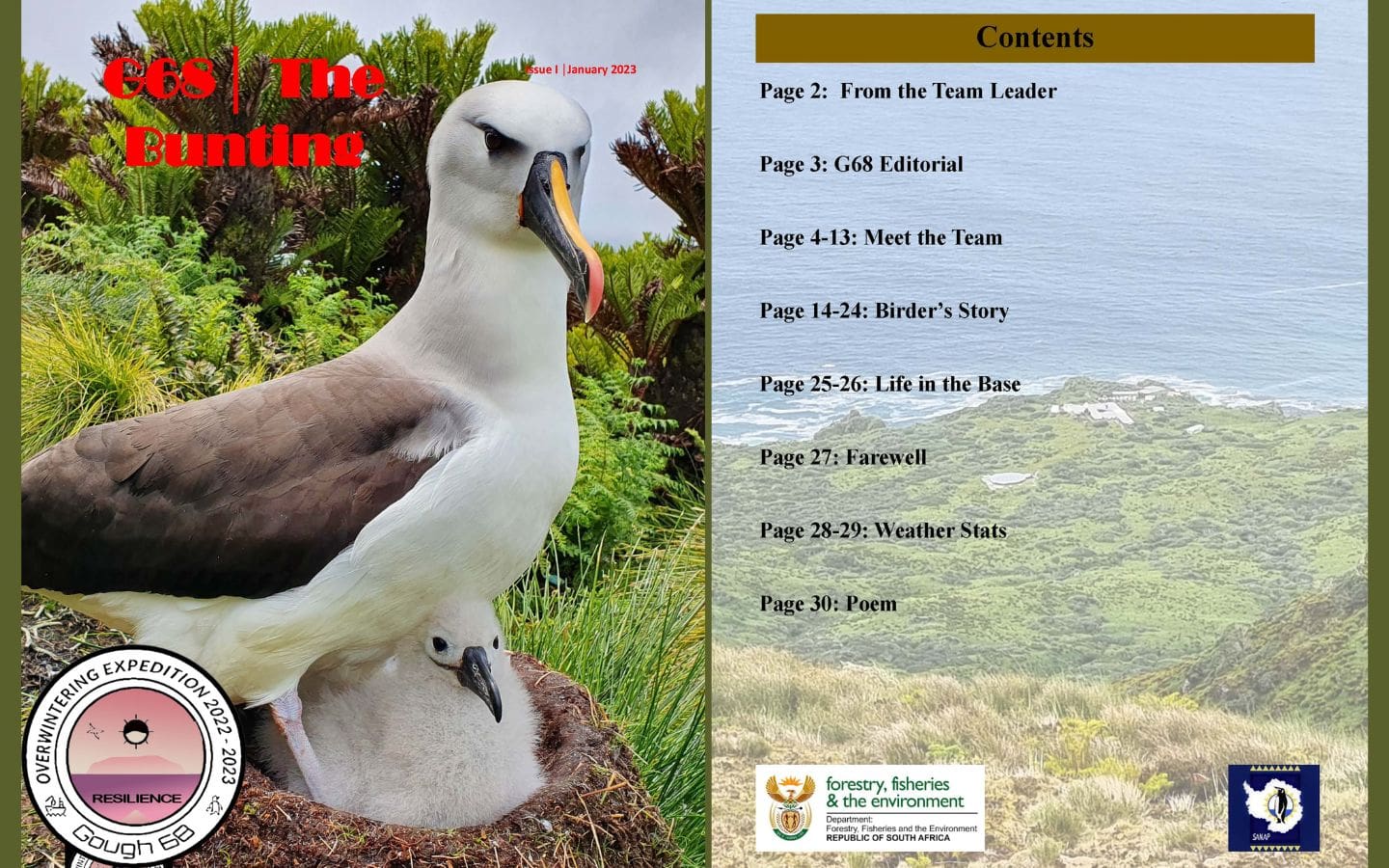
In this edition:
- Letter from the team leader
- Words from the G68 Bunting editorial team
- Meet the G68 team
- Birder’s Stories
- Life in the Base (birthday celebration)
- Farewell to Sandile (Medical Orderly of G67 who had to stay behind until a new medic is sent to Gough)
- Weather Stats (October, November, December 2022)
- To end the newsletter; a poem about an Albatross chick.
Click here to download/view the newsletter!
Birthdays celebrated by G68 so far:
Anche Louw, South African Polar Research Infrastructure (Data, Products & Society Node), 27 February 2023.

by Ria Olivier | Feb 24, 2023 | Announcement, Biogeochemistry, Environment, Microbiology, News, Research, SANAP, Science
Mayibongwe Buthelezi, a PhD student from University of Pretoria, is currently participating in the 30th Atlantic Meridional Transect cruise (AMT-30).

The AMT (Atlantic Meridional Transect) cruises are a series of research voyages conducted annually across the Atlantic Ocean, from the UK to the Caribbean, to study the ocean’s biogeochemistry, ecology, and physical properties. The cruises are multidisciplinary and include scientists from around the world. As part of the cruise, samples are collected at multiple depths and locations along the transect (read more about AMT here and here).

SANAP Project Involved: Enhanced insights regarding the ecology, evolution and function of marine microbiomes
Project Principal Investigator: Prof Thulani P. Makhalanyane
The South African Research Chairs Initiative (SARChI) Chair in Marine Microbiomics has a SANAP funded project focused on understanding microbiomes in the Southern Ocean and South Atlantic. The project titled “Enhanced insights regarding the ecology, evolution and function of marine microbiomes.” As part of this project, we have initiated a series of collaborative activities to access and join international cruises through the EU funded AtlantECO program.
Mayibongwe Butlelezi, a NRF/SANAP funded PhD student from the University of Pretoria, was selected to join this 6-week cruise aboard the Discovery. AMT30 has departed from the Falkland Islands on 21 February 2023. As far as we know, Mayi is the sole South African representee on the cruise. His project is focused on understanding the role played by marine microorganisms in the sulphur cycle. Specifically, Mayi will collect samples using protocols developed as part of the AtlantECO project to study microbiomes along the water column and to specifically quantify DMSP (Dimethylsulfoniopropionate).
Follow the work of Prof Makhalanyane and his team on Twitter:
 @microbiomeUP
@microbiomeUP
What’s happening on social media:
Text: Prof Thulani P. Makhalanyane, Department of Biochemistry, Genetics and Microbiology, University of Pretoria.
Images: amt-uk.org, @Thuls_M and @microbiomeUP
Edited: Anche Louw, South African Polar Research Infrastructure (Data, Products & Society Node), 24 February 2023.

by Ria Olivier | Feb 17, 2023 | Announcement, Research, SA Polar Research Infrastructure
 The Data, Products and Society (DPS) Node of the South African Polar Research Infrastructure (SAPRI) is planned to bring together the SAPRI Data Centre, the various types of generated data and downstream products, including modelling and the societal outreach program.
The Data, Products and Society (DPS) Node of the South African Polar Research Infrastructure (SAPRI) is planned to bring together the SAPRI Data Centre, the various types of generated data and downstream products, including modelling and the societal outreach program.
DPS is built on a phased integrating approach. The Antarctic Legacy of South Africa (ALSA) contributed to creating a community ethos, via the creation and administration of the ALSA and South African National Antarctic Programme (SANAP) websites as well as updates on the different social media platforms. The potential for this initiative to become a reference for the South African “polar society” at large is enormous, and it is at the core of the DPS facility. Building on the ALSA experience, and through a complete integration of ALSA within SAPRI, it will bring the infrastructure closer to research/training institutions and stakeholders that have historically been less involved with polar science.
 The appointment of the DPS Node Coordinator (Manager), Dr Anne Treasure, and the Digital Marketing and Communications Manager, Anche Louw, were approved by the DPS User Fora and the SAPRI interim advisory committee in March 2022 to ensure the integration of ALSA in phases and to establish data management within SAPRI. The committee and User Fora approved that the DPS node will be hosted at Stellenbosch University and the node was established in November 2022.
The appointment of the DPS Node Coordinator (Manager), Dr Anne Treasure, and the Digital Marketing and Communications Manager, Anche Louw, were approved by the DPS User Fora and the SAPRI interim advisory committee in March 2022 to ensure the integration of ALSA in phases and to establish data management within SAPRI. The committee and User Fora approved that the DPS node will be hosted at Stellenbosch University and the node was established in November 2022.
 Dr Anne Treasure has been part of ALSA for the past 5 years as a collaborator, with a focus on data management, and is currently fulfilling the role of SA representative on the Standing Committee on Antarctic Data Management (SCADM) at the Scientific Committee on Antarctic Research (SCAR) as well as on the SA National Committee for SCAR. Dr Anne Treasure was on the SAPRI proposal writing committee, and was responsible for compiling the data management, and the data infrastructure and system requirements that will be implemented within SAPRI. She will have a huge impact on implementing the data management component of SAPRI. The DPS Coordinator is to bring this Infrastructure together with its different components to support the community of SAPRI and all its stakeholders, including all governance structures such as the SAPRI management team, the advisory committee, and the User Fora, as well as the SANAP community, which includes overwintering team members (past and present), scientists and researchers, vessel crew, maintenance crew and take-over personnel. The coordinator will ensure to make the data centre, products, and society available to all stakeholders and a large component will be to inform national and international communities about the work done by South Africa in the polar environment. Anne has overwintered on Marion Island as part of Marion 65 (ALSA Archive) and has participated in many Marion take-overs and other visits to the island. She has also spent time on Prince Edward Island, and has participated in many oceanographic research cruises, including ice experience.
Dr Anne Treasure has been part of ALSA for the past 5 years as a collaborator, with a focus on data management, and is currently fulfilling the role of SA representative on the Standing Committee on Antarctic Data Management (SCADM) at the Scientific Committee on Antarctic Research (SCAR) as well as on the SA National Committee for SCAR. Dr Anne Treasure was on the SAPRI proposal writing committee, and was responsible for compiling the data management, and the data infrastructure and system requirements that will be implemented within SAPRI. She will have a huge impact on implementing the data management component of SAPRI. The DPS Coordinator is to bring this Infrastructure together with its different components to support the community of SAPRI and all its stakeholders, including all governance structures such as the SAPRI management team, the advisory committee, and the User Fora, as well as the SANAP community, which includes overwintering team members (past and present), scientists and researchers, vessel crew, maintenance crew and take-over personnel. The coordinator will ensure to make the data centre, products, and society available to all stakeholders and a large component will be to inform national and international communities about the work done by South Africa in the polar environment. Anne has overwintered on Marion Island as part of Marion 65 (ALSA Archive) and has participated in many Marion take-overs and other visits to the island. She has also spent time on Prince Edward Island, and has participated in many oceanographic research cruises, including ice experience.
 Anche Louw has been part of ALSA for the past 9 years, first on part-time basis and later as Communicator, Assistant Project Manager and Co-Investigator. Anche specialises in digital marketing and has built a huge social media presence for ALSA and SANAP. She is a SA representative on the Standing Committee on Humanities and Social Sciences (SCHASS) at SCAR and on the SA National Committee for SCAR. She is a member of the action group for Public Engagement with Antarctic Research (PEAR) at SCAR and was nominated for the SCAR medal on outreach and awareness in 2022. Her current position at ALSA will now be carried on within SAPRI as part of the integration of ALSA in phases. Her role as the Digital Marketing and Communications (DMC) Manager is to maintain the relevant websites related to SAPRI, SANAP and ALSA. A huge role is keeping track of digital marketing trends and to ensure that SAPRI and its stakeholders have a social media presence on a daily basis, on a national and international level. The DMC Manager is to bring the awareness and outreach together with its different components to support the community of the South African Polar Research Infrastructure and all its stakeholders, as well as the SANAP community, which includes overwintering team members (past and present), scientists and researchers, vessel crew, maintenance crew and take-over personnel. Anche has overwintered on Marion Island as part of Marion 70, participated in take-overs to Marion Island and has visited SANAE IV during the 2019 take-over. Anche has represented SA at various international conferences and has visited four of the five Gateway Cities to Antarctica (Punta Arenas, Chile; Ushuaia, Argentina; Cape Town, South Africa and Hobart, Australia).
Anche Louw has been part of ALSA for the past 9 years, first on part-time basis and later as Communicator, Assistant Project Manager and Co-Investigator. Anche specialises in digital marketing and has built a huge social media presence for ALSA and SANAP. She is a SA representative on the Standing Committee on Humanities and Social Sciences (SCHASS) at SCAR and on the SA National Committee for SCAR. She is a member of the action group for Public Engagement with Antarctic Research (PEAR) at SCAR and was nominated for the SCAR medal on outreach and awareness in 2022. Her current position at ALSA will now be carried on within SAPRI as part of the integration of ALSA in phases. Her role as the Digital Marketing and Communications (DMC) Manager is to maintain the relevant websites related to SAPRI, SANAP and ALSA. A huge role is keeping track of digital marketing trends and to ensure that SAPRI and its stakeholders have a social media presence on a daily basis, on a national and international level. The DMC Manager is to bring the awareness and outreach together with its different components to support the community of the South African Polar Research Infrastructure and all its stakeholders, as well as the SANAP community, which includes overwintering team members (past and present), scientists and researchers, vessel crew, maintenance crew and take-over personnel. Anche has overwintered on Marion Island as part of Marion 70, participated in take-overs to Marion Island and has visited SANAE IV during the 2019 take-over. Anche has represented SA at various international conferences and has visited four of the five Gateway Cities to Antarctica (Punta Arenas, Chile; Ushuaia, Argentina; Cape Town, South Africa and Hobart, Australia).
 The DPS Manager, DMC Manager, together with ALSA need to manage a space that makes the community feel it is their own, and to showcase the work done by all those in the community. The DPS node has a cross-cutting role and the DMC Manager needs to engage with the other SAPRI components to transform the perception of the polar environment in society. The DPS node will play a major role in transforming, consolidating, and strengthening polar sciences.
The DPS Manager, DMC Manager, together with ALSA need to manage a space that makes the community feel it is their own, and to showcase the work done by all those in the community. The DPS node has a cross-cutting role and the DMC Manager needs to engage with the other SAPRI components to transform the perception of the polar environment in society. The DPS node will play a major role in transforming, consolidating, and strengthening polar sciences.
SAPRI proposal has been approved by the Department of Science and Innovation (DSI) as part of the South African Roadmap Infrastructure (SARIR) in 2021. As Principal investigator of the Antarctic Legacy of South Africa (ALSA) Project I have been involved since the start of the SAPRI proposal. SAPRI is also based on the Antarctic and Southern Ocean plan (2014) and the Marine and Antarctic Strategy (2016).
Ria Olivier, Antarctic Legacy of South Africa, 17 January 2023

by Ria Olivier | Feb 6, 2023 | Announcement, Jobs, Marion Island, News, Overwintering Team, Prince Edward Islands, SANAP, Stations, sub-Antarctic

Join the 80th Marion Island Overwintering Team!
The Department of Forestry, Fisheries and the Environment (DFFE) is looking for suitable candidates to join the 2023/2024 Marion Island team.
The team will depart (on the research and supply vessel, S.A. Agulhas II) to the sub-Antarctic Marion Island in April 2023 and return in May 2024.
Positions to be filled:
- Communications Engineer/Technician
- Electrical Engineer/Technician
- Diesel Mechanic
- Medical Orderly
APPLICATION DEADLINE: 10 February 2023
Click on the link below to view the positions to be filled.
Marion Island JOBS
Read more about Marion Island
Anche Louw, South African Polar Research Infrastructure (SAPRI), 06 February 2023

by Ria Olivier | Feb 2, 2023 | Commemorative Days, Current Event, Environment, International Days, Marine Protected Area, Marion Island, Mice Eradication, News, Prince Edward Island, Prince Edward Islands, SANAP, Science, Southern Ocean, sub-Antarctic
 World Wetlands Day, is celebrated every year on 02 February. On this day, in 1971, the Convention on Wetlands of International Importance (Ramsar Convention) was signed in Ramsar, Iran.
World Wetlands Day, is celebrated every year on 02 February. On this day, in 1971, the Convention on Wetlands of International Importance (Ramsar Convention) was signed in Ramsar, Iran.
World Wetlands Day is celebrated to to “raise awareness and understanding of what wetlands are and how we can contribute towards restoring them through making conscious choices, becoming persuasive voices and taking bold actions” (read more here).
What is a wetland?
A wetland is defined as the land which is transitional between terrestrial and aquatic systems where the water table is usually at or near the
surface, or the land is periodically covered with shallow water, and which land in normal circumstances supports or would support vegetation typically adapted to life in saturated soil (1).
Why is wetland restoration so important? Listed below are a few benefits of wetland restoration:
- Enhanced biodiversity
- Improve water supply
- Store carbon
- Reduced impacts from flooding
- Improve livelihoods
- Enhance well–being
- Protection of agricultural resources (1; 2)
Is your role in wetland restoration important?
Yes! Our individual and collective actions have an impact (1).
What can you as individual do to help protect and preserve wetlands?
- Participate in programs that help protect and restore wetlands.
- Report illegal actions such as unauthorized wetland fill or dredging activities to government authorities
- Pick up litter and dispose in appropriate trash containers. Keep surface areas that wash into storm drains clean from pet waste, toxic chemicals, fertilizers and motor oil, which can eventually reach and impair our wetlands.
- Use native species when planting trees, shrubs and flowers to preserve the ecological balance of local wetlands.
- Avoid wetland when you are expanding your house.
- Use phosphate-free laundry and dishwasher detergents. Phosphates encourage algae growth, which can suffocate aquatic life.
- Use non-toxic products for household cleaning and lawn and garden care. Never spray lawn and garden chemicals outside on a windy day or on a day that it might rain and wash the chemicals into waterways.
- Enjoy the scenic and recreational opportunities wetlands offer, while preserving their integrity for future generations by minimizing the use of heavy equipment and staying in designated visitor areas where available (3).
Did you know that the South African Prince Edward Islands (Prince Edward Island and Marion Island) is declared as Wetland of International Importance?
 The Prince Edward Islands was declared Wetland of International Importance: Ramsar Site No.1688, on 22 May 2007. The conservation and management of this site falls within the responsibility of the Directorate: Southern Oceans and Antarctic Support of the Department of Forestry, Fisheries and the Environment.
The Prince Edward Islands was declared Wetland of International Importance: Ramsar Site No.1688, on 22 May 2007. The conservation and management of this site falls within the responsibility of the Directorate: Southern Oceans and Antarctic Support of the Department of Forestry, Fisheries and the Environment.
Want to know about wetlands in South Africa?
Click on the posters to enlarge.
What’s been happening on Social Media
Sources:
1- https://www.worldwetlandsday.org/
2- https://www.dffe.gov.za/event/international/wetlandsday2013
3- https://www.epa.gov/wetlands/what-you-can-do-protect-coastal-wetlands
4- https://rsis.ramsar.org/ris/1688
5- https://alp.lib.sun.ac.za/handle/123456789/15327
6- https://blogs.sun.ac.za/antarcticlegacy/event/world-wetlands-day/
Anche Louw, South African Polar Research Infrastructure, 02 February 2023.
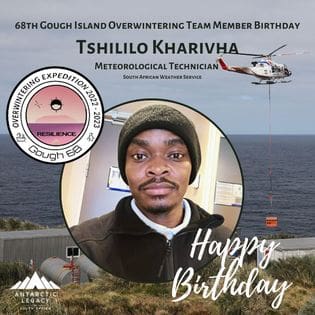



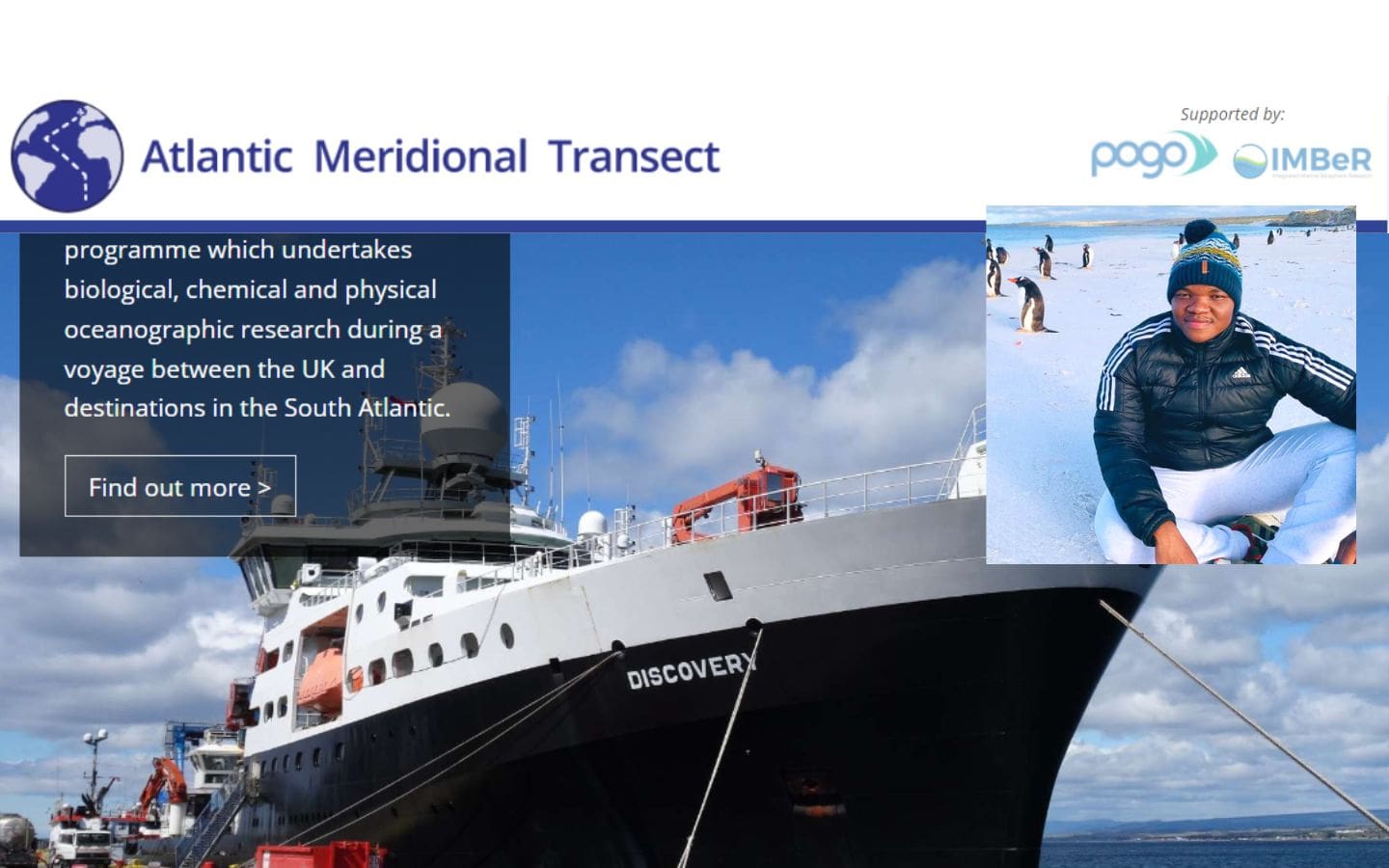


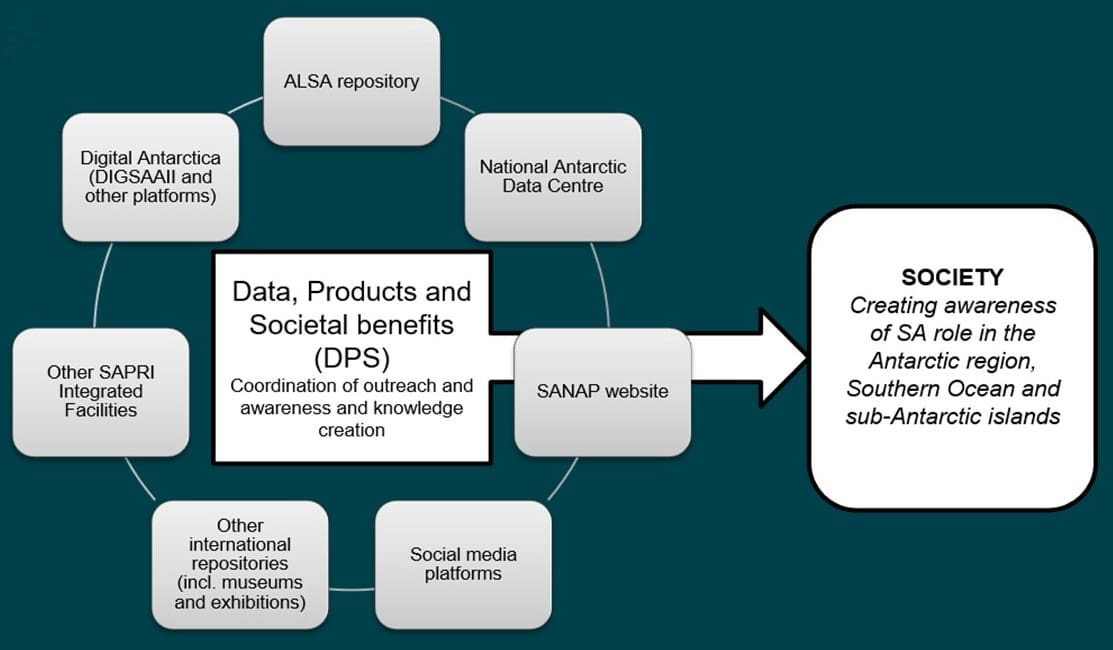
 The appointment of the DPS Node Coordinator (Manager), Dr Anne Treasure, and the Digital Marketing and Communications Manager, Anche Louw, were approved by the DPS User Fora and the SAPRI interim advisory committee in March 2022 to ensure the integration of ALSA in phases and to establish data management within SAPRI. The committee and User Fora approved that the DPS node will be hosted at
The appointment of the DPS Node Coordinator (Manager), Dr Anne Treasure, and the Digital Marketing and Communications Manager, Anche Louw, were approved by the DPS User Fora and the SAPRI interim advisory committee in March 2022 to ensure the integration of ALSA in phases and to establish data management within SAPRI. The committee and User Fora approved that the DPS node will be hosted at  Dr Anne Treasure has been part of ALSA for the past 5 years as a collaborator, with a focus on data management, and is currently fulfilling the role of SA representative on the Standing Committee on Antarctic Data Management (
Dr Anne Treasure has been part of ALSA for the past 5 years as a collaborator, with a focus on data management, and is currently fulfilling the role of SA representative on the Standing Committee on Antarctic Data Management ( Anche Louw has been part of ALSA for the past 9 years, first on part-time basis and later as Communicator, Assistant Project Manager and Co-Investigator. Anche specialises in digital marketing and has built a huge social media presence for ALSA and SANAP. She is a SA representative on the Standing Committee on Humanities and Social Sciences (
Anche Louw has been part of ALSA for the past 9 years, first on part-time basis and later as Communicator, Assistant Project Manager and Co-Investigator. Anche specialises in digital marketing and has built a huge social media presence for ALSA and SANAP. She is a SA representative on the Standing Committee on Humanities and Social Sciences ( The DPS Manager, DMC Manager, together with ALSA need to manage a space that makes the community feel it is their own, and to showcase the work done by all those in the community. The DPS node has a cross-cutting role and the DMC Manager needs to engage with the other SAPRI components to transform the perception of the polar environment in society. The DPS node will play a major role in transforming, consolidating, and strengthening polar sciences.
The DPS Manager, DMC Manager, together with ALSA need to manage a space that makes the community feel it is their own, and to showcase the work done by all those in the community. The DPS node has a cross-cutting role and the DMC Manager needs to engage with the other SAPRI components to transform the perception of the polar environment in society. The DPS node will play a major role in transforming, consolidating, and strengthening polar sciences.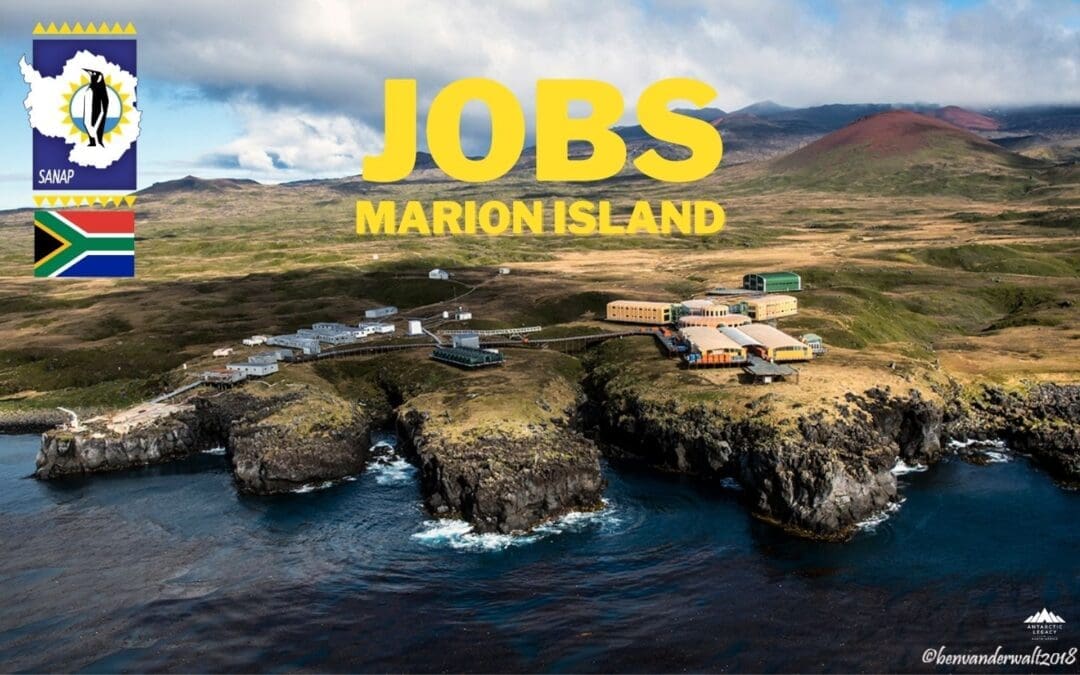
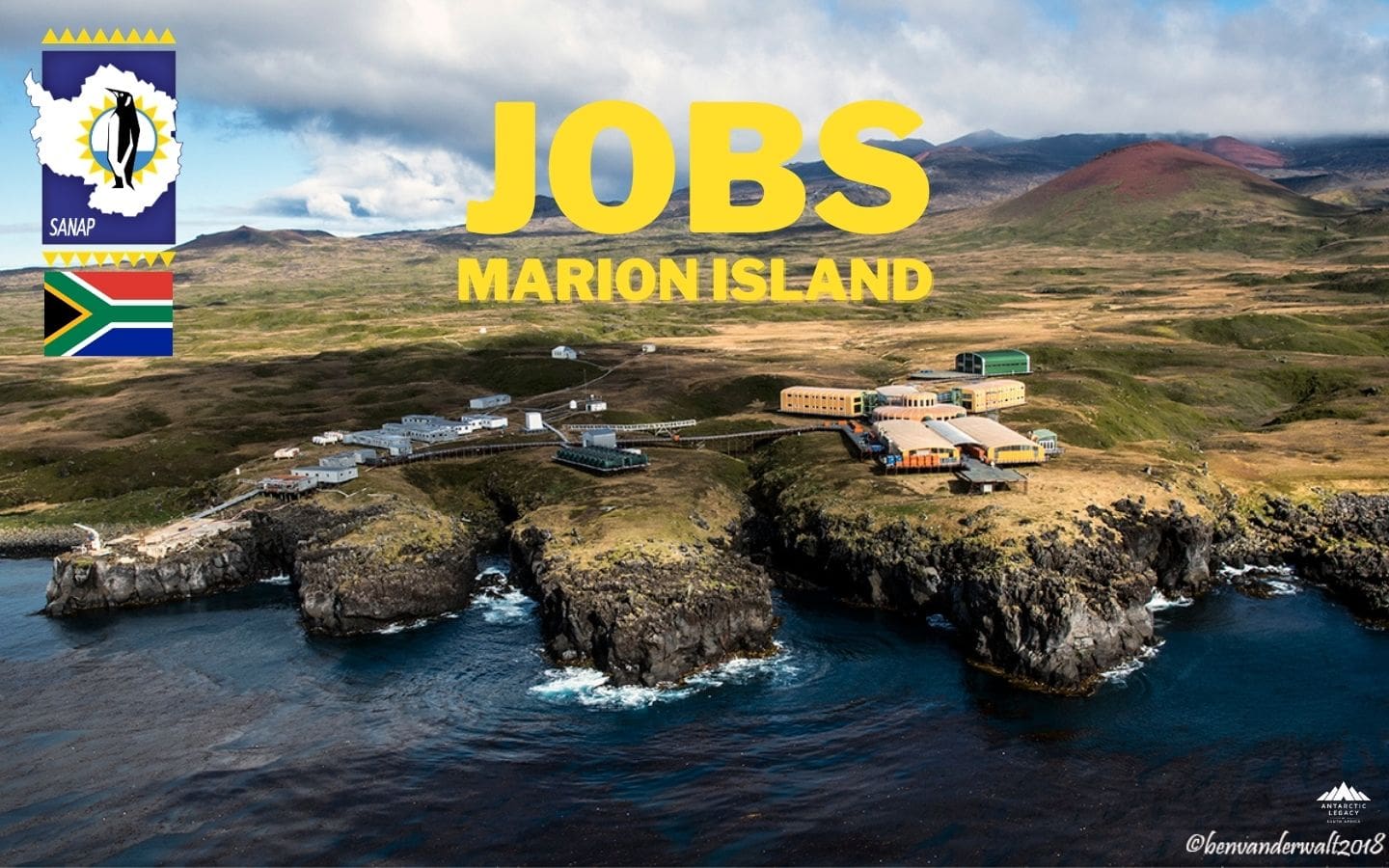

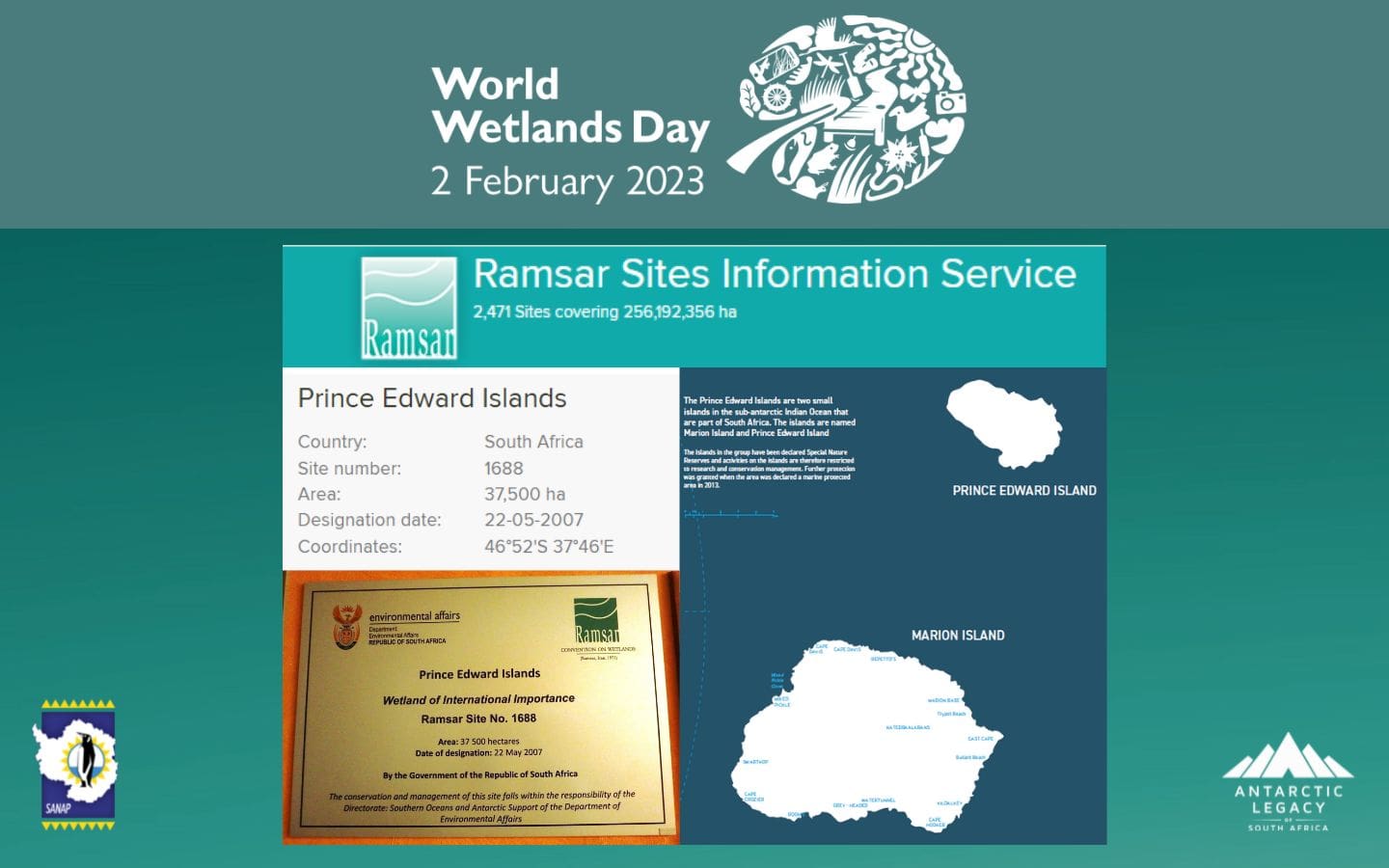
 The Prince Edward Islands was declared
The Prince Edward Islands was declared 




